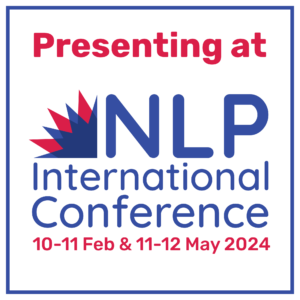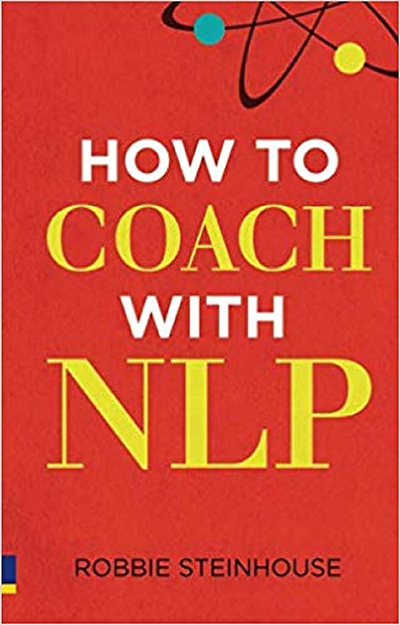Leadership: The Capability Sets

In this blog, I shall look at the skills that make up effective leadership.
The capability sets of leadership
My model began life in the business world. If you find the tasks a bit ‘business-y’ on first appearance, please bear with me. I have subsequently found that they actually map onto leadership in a huge range of situations, from leading a team in an operating theatre to taking a troupe of scouts for a weekend’s hiking.
It did start with entrepreneurship, however. In 2007 I wrote a book called Think Like an Entrepreneur. To research it, I interviewed a number of successful entrepreneurs, keen to discover what made them succeed.
While they were all charismatic, visionary individuals with the determination to pursue a dream, most of them also turned out to have a solid grasp of the less romantic aspects of business, as when they had started out they had had to do all the tasks necessary to get the business going.
Later on, this breadth of skills made them good at selecting and managing specialists in these areas.
Basic business skills
The three basic business skills are:
- Operations (getting things done)
- Sales (people skills in general)
- Finance (understanding costs and potential threats)
There is often a technical skill added to this – cooking for a restaurateur, construction for a builder, and so on: I didn’t find it helpful to add this in creating a general model.
Taking these three areas of expertise and adding a fourth, for the leadership that the entrepreneur provides, we get – in my view – the core skills needed to make someone from a technical expert into a leader.
Looking at these in a little more depth…
Operations
Operations is essentially about getting things done. At the most basic level, this is a matter of self-discipline and organization: having a to-do list and then actually doing what’s on it. This sounds blindingly obvious, until you meet struggling business people who don’t do this.
Beyond this, there is a sense of the organization which you are leading as a system of interlocking parts, and of what those parts contribute and need, of what to do if one or several parts are temporarily deficient for some reason, and of where the system will need strengthening if extra is demanded of it.
There is also something about creating a vision and finding the extra energy to build lasting processes that produce consistent results.
Sales
Sales is a key entrepreneur skill, but every leader needs a wider version of this; the ability to influence, motivate and convince people – as individuals, not just en masse. This is true within the organization you lead, but also outside it.
The leader must represent the organization to the outside world, and especially the key decision makers and opinion formers in that world, to ensure your ward gets adequate funding or that your pressure group gets its voice listened to by the local council.
Finance
At the most basic, finance is about money – making sure there’s enough and that what you have gets spent wisely. At a deeper level it can be about all kinds of resources, making sure you have enough of them and that they are used well.
Talent, energy, enthusiasm, skill are all finite resources that can be wasted or put to productive use. The finance mindset is also about protection (I sometimes bracket finance and law together) – keeping the organization out of unnecessary trouble.
Leadership
Leadership itself is a fourth task. Logicians might point out that it’s a bit odd to have a model of leadership, one of whose categories is ‘leadership’ – but that’s how it is. In this category I include both having and maintaining a vision of what the organization is about and for – a living, breathing version of those dreary mission statements trotted out by corporates.
It’s about creating a culture in that organization – this can sound rather grand but it’s actually basic and almost visceral. How we do things round here. What sort of people we are. As leader, you set the tone whether you want to or not, so you might as well devote thought and energy to getting it right.
Leadership is making good decisions
Leadership is also about being able to make good decisions (a favourite subject that I will return to later), about thinking and acting strategically, and about having and displaying confidence and belief.
One of the entrepreneurs I interviewed summed up the skills as follows: “Your success is dependent not on how good you are at these skills, but how weak you at any one of them – you don’t need to brilliant at any of them, just better than average.”
I like to use the metaphor that ‘a chain is only as strong as its weakest link’ – I believe success is building these skills so you can run an organization and later lead specialist people to perform these functions.
None of the entrepreneurs I interviewed had started out with skills in all four tasks all in place – any more than I did when I started my own business.
I will also be teaching this model on our Leadership Coaching with NLP webinar on 25th August. You can book your place now.
Did you like this post?
Then check out our events and courses!
Where to find us
For posts, events, free open days and more, follow NLP School on:
Where to find Robbie
Twitter: @RSteinhouse
LinkedIn: Robbie Steinhouse
What to read next
Embracing The Many Aspects Of Leadership
The Four Qualities of Leadership










